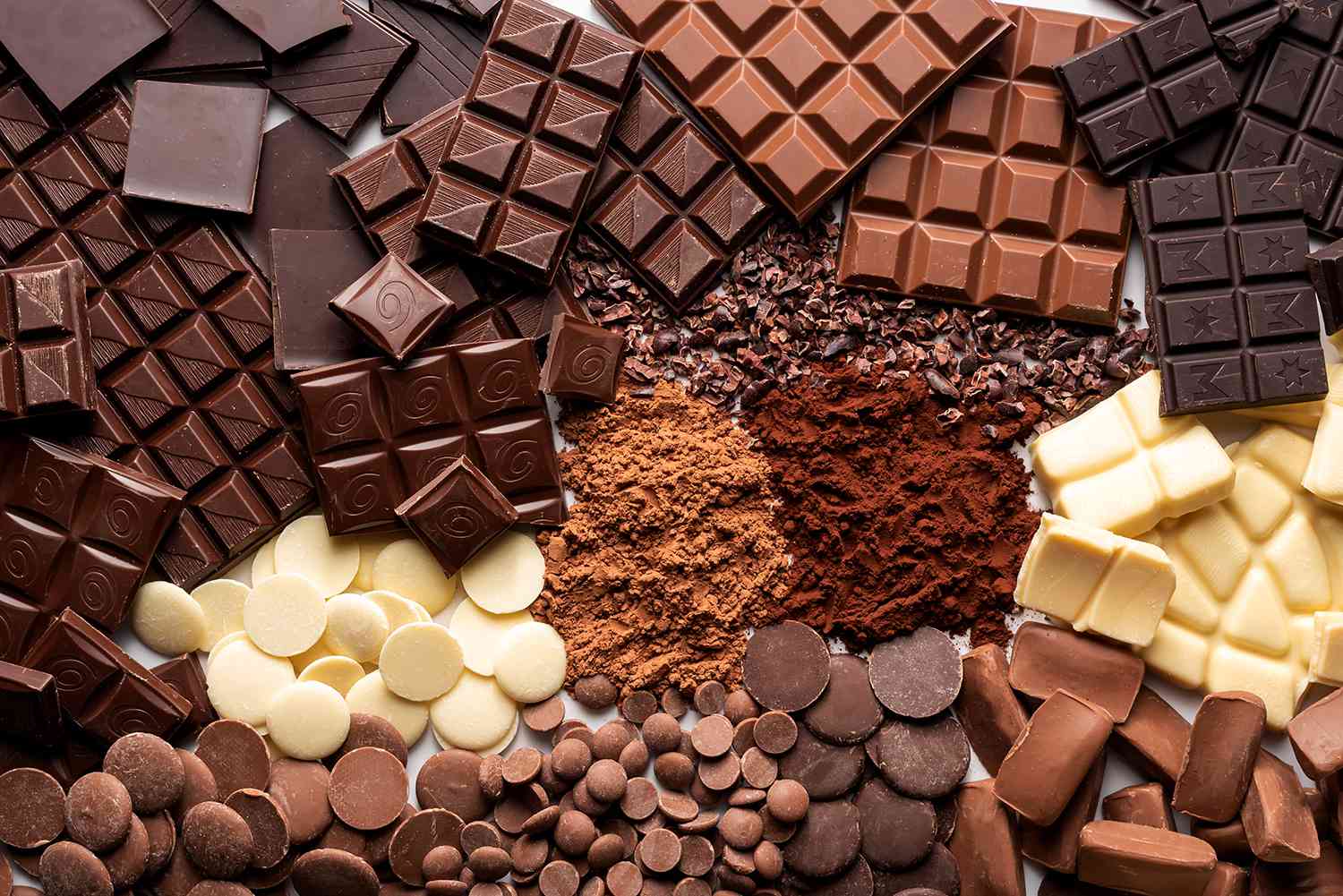
Chocolate is one of the most beloved foods in the world, enjoyed in countless forms and flavours. Its rich history stretches back thousands of years, and its health benefits continue to be a subject of fascination for researchers and enthusiasts alike.
A Brief History of Chocolate
Origins in Mesoamerica
The history of chocolate begins with the ancient civilizations of Mesoamerica, particularly the Olmecs, Mayans, and Aztecs. The cacao tree, from which chocolate is derived, was native to this region. The Olmecs, one of the earliest known civilizations in Mexico, were likely the first to process cacao into a drink as early as 1500 BCE. This practice was later passed on to the Maya and Aztec civilizations.
For the Maya, chocolate was much more than just a sweet treat. It was a sacred beverage known as “xocolatl,” which means “bitter water.” It was often flavoured with spices like chilli peppers, and consumed in religious ceremonies and important social events. The Maya also believed that cacao was a gift from the gods, particularly from the god Quetzalcoatl.
The Aztecs, who followed the Maya, also held chocolate in high regard. They believed cacao seeds were so valuable that they were used as a form of currency. The Aztec emperor Montezuma was said to drink large quantities of chocolate daily to boost his energy.
Chocolate Arrives in Europe
In the early 16th century, Spanish explorers such as Hernán Cortés encountered chocolate during their conquests in the New World and brought it back to Europe. At first, the bitter chocolate drink was mixed with sugar, vanilla, and other spices, transforming it into a more palatable treat for European tastes.
By the 17th century, chocolate had become a popular drink among European aristocracy, and chocolate houses, similar to modern-day coffee shops, began to emerge. It wasn’t until the 19th century that solid chocolate, as we know it today, was invented. In 1847, British chocolatier Joseph Fry created the first solid chocolate bar by mixing cocoa powder, sugar, and melted cacao butter.
Modern Chocolate Industry
Today, chocolate is a global industry, with millions of tons produced and consumed annually. Brands like Cadbury, Hershey, and Lindt have become household names, each with their own unique takes on this beloved treat. As chocolate production has modernized, it has also diversified into countless forms—bars, truffles, hot cocoa, chocolate spreads, and more.
Health Benefits of Chocolate
While chocolate is often associated with indulgence, it also offers several health benefits, particularly when consumed in moderation. Dark chocolate, which has a higher cacao content and less sugar than milk chocolate, is often hailed for its health-promoting properties.
1. Rich in Antioxidants
Chocolate, especially dark chocolate, is packed with powerful antioxidants such as flavonoids. These compounds help neutralize free radicals, which can damage cells and lead to chronic diseases. Antioxidants in chocolate have been linked to a lower risk of heart disease and better overall health.
2. Improves Heart Health
Studies have shown that the flavonoids in dark chocolate can improve heart health by increasing blood flow, reducing inflammation, and lowering blood pressure. Consuming moderate amounts of dark chocolate has been associated with a reduced risk of cardiovascular disease.
3. Boosts Brain Function
Chocolate can also have positive effects on brain function. The caffeine and theobromine in chocolate act as mild stimulants, improving alertness and cognitive function. Additionally, the flavonoids in chocolate have been linked to enhanced memory and reduced risk of neurodegenerative diseases like Alzheimer’s.
4. Elevates Mood
One of the reasons people love chocolate is its ability to elevate mood. Chocolate stimulates the production of endorphins, the “feel-good” hormones, and also contains serotonin, which acts as a natural antidepressant. These properties can help improve mood and reduce feelings of stress.
5. Supports Skin Health
The antioxidants found in dark chocolate can also be beneficial for the skin. Flavonoids protect the skin from harmful UV rays, improve hydration, and increase blood flow to the skin, which can result in a healthier complexion.
6. Rich in Nutrients
Dark chocolate is surprisingly nutritious. It contains significant amounts of iron, magnesium, copper, and manganese. It also provides fibre and healthy fats, which can contribute to overall wellness.
Caveats: The Importance of Moderation
While chocolate does offer many health benefits, it’s important to enjoy it in moderation. Some types of chocolate, particularly milk chocolate and white chocolate, contain high levels of sugar and fat, which can contribute to weight gain, dental issues, and other health problems if consumed in excess. Opting for dark chocolate with a higher cacao content (at least 70%) is generally considered the healthiest choice.
Conclusion
From its ancient roots as a sacred drink in Mesoamerican civilizations to its modern status as a global indulgence, chocolate has a fascinating history and a wealth of benefits. When enjoyed in moderation, particularly in its dark chocolate form, it can offer a variety of health advantages—ranging from improved heart health to enhanced brain function and mood.
Indulging in a piece of chocolate not only satisfies your taste buds but can also contribute to your well-being, making it a treat worth savouring through the ages.

